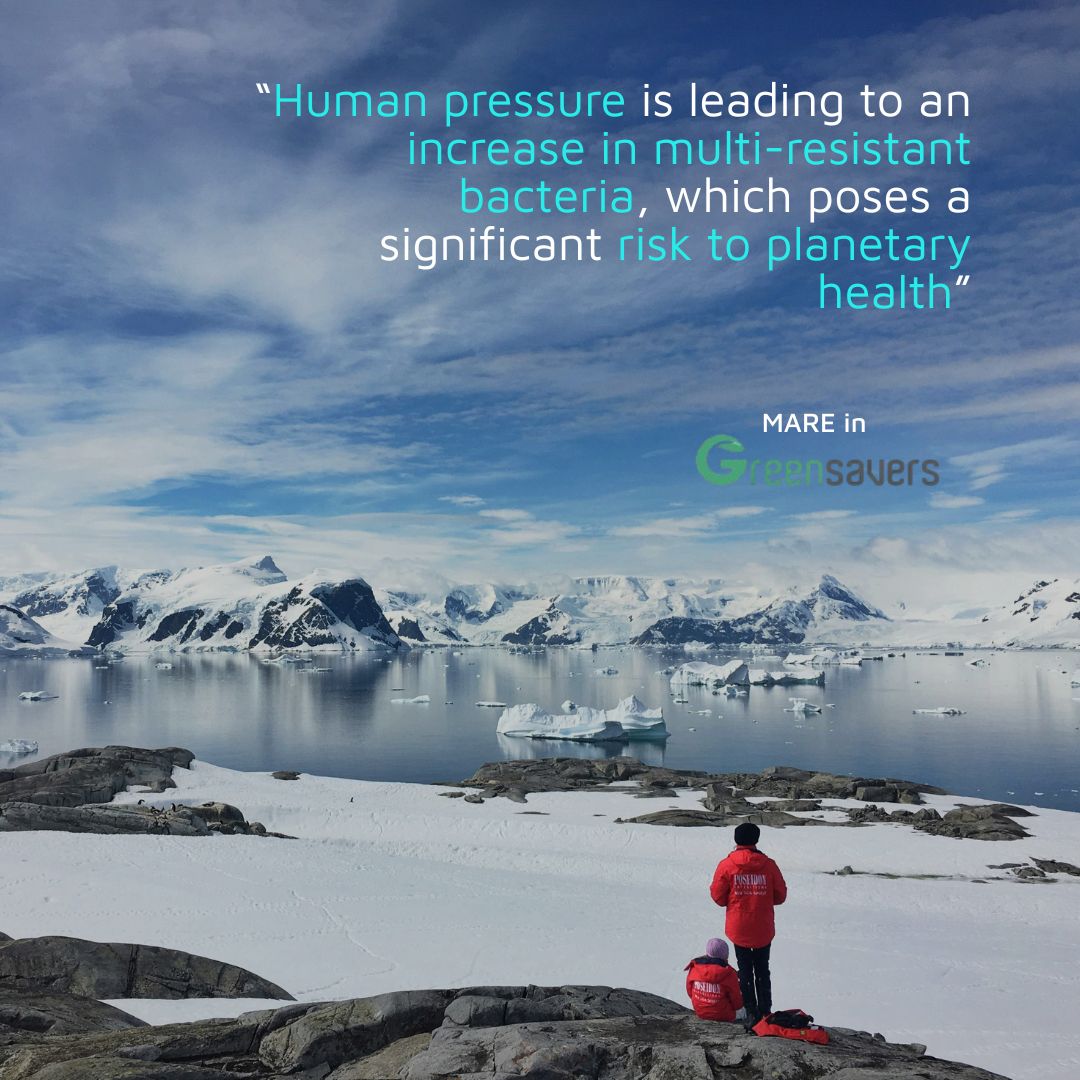Bernardo Duarte leads study on the presence of contaminants and microbial resistance in Antarctica
MARE researcher Bernardo Duarte is the leader of the research team that has obtained alarming data on anthropogenic effects on Antarctic ecosystems. The three studies published between 2021 and 2024 warn of the presence of emerging contaminants, the proliferation of microbial resistance and the combined effects of human and natural pressures.
Emerging Contaminants 
In one of the studies, dozens of contaminating compounds such as biocides, Persistent Organic Pollutants (POPs), pharmaceuticals and even illicit drugs were identified in phytoplankton cells collected from Deception Island in Antarctica. It is believed that these contaminants may have originated from tourist activity and the research bases installed in the region.
“The presence of these contaminants in such a remote area is a clear sign that we urgently need to review the environmental protection guidelines for Antarctica,” explains Bernardo Duarte to GreenSavers.
The presence of these compounds at the base of the marine food chain raises serious concerns about the long-term ecological impact. The study recommends an urgent review of the Antarctic Treaty's Environmental Protection Protocol in order to curb the spread of these pollutants.
Microbial Resistance
In addition to the presence of contaminants, the team of researchers also studied Portugal's coastal waters, revealing a high presence of antibiotic and metal resistance genes, especially in areas with greater human pressure. “Human pressure is leading to an increase in multi-resistant bacteria, which represents a significant risk to planetary health,” says Bernardo Duarte.
Research has shown that human pressure influences the number of resistance genes more than the microbial composition itself. Bacteria from the Vibrio genus, for example, showed a strong association with polluted areas.
Resistant Bacteria in Antarctica
The most recent study again focused on Deception Island, where natural volcanic activity combines with human presence. According to Bernardo Duarte “the combined impacts of volcanism and human activity are creating a unique environment that favors the emergence of multi-resistant bacteria.”
The team analyzed communities of prokaryotes (bacteria and archaea) and viruses, identifying dominant groups such as Proteobacteria, Bacteroidetes and Actinobacteria. An enrichment of functions associated with heavy metal metabolism, pollutant degradation and human infections was observed - clear signs of the impact of human presence.
Fumarole Bay, with active submarine volcanism, revealed significant levels of antibiotic resistance genes, although not directly associated with human activity. This suggests that natural factors such as volcanism can also exert significant selective pressure.
Taken together, the three studies paint a worrying picture: whether in remote ecosystems like Antarctica or densely populated coastal areas like Portugal, human activity is a determining factor in the introduction of contaminants and the spread of microbial resistance. Representing serious risks to global public health, the researchers call for stricter policies, greater sustainability in the management of human activities in sensitive areas and the implementation of global monitoring programs for contaminants and microbial resistance.
